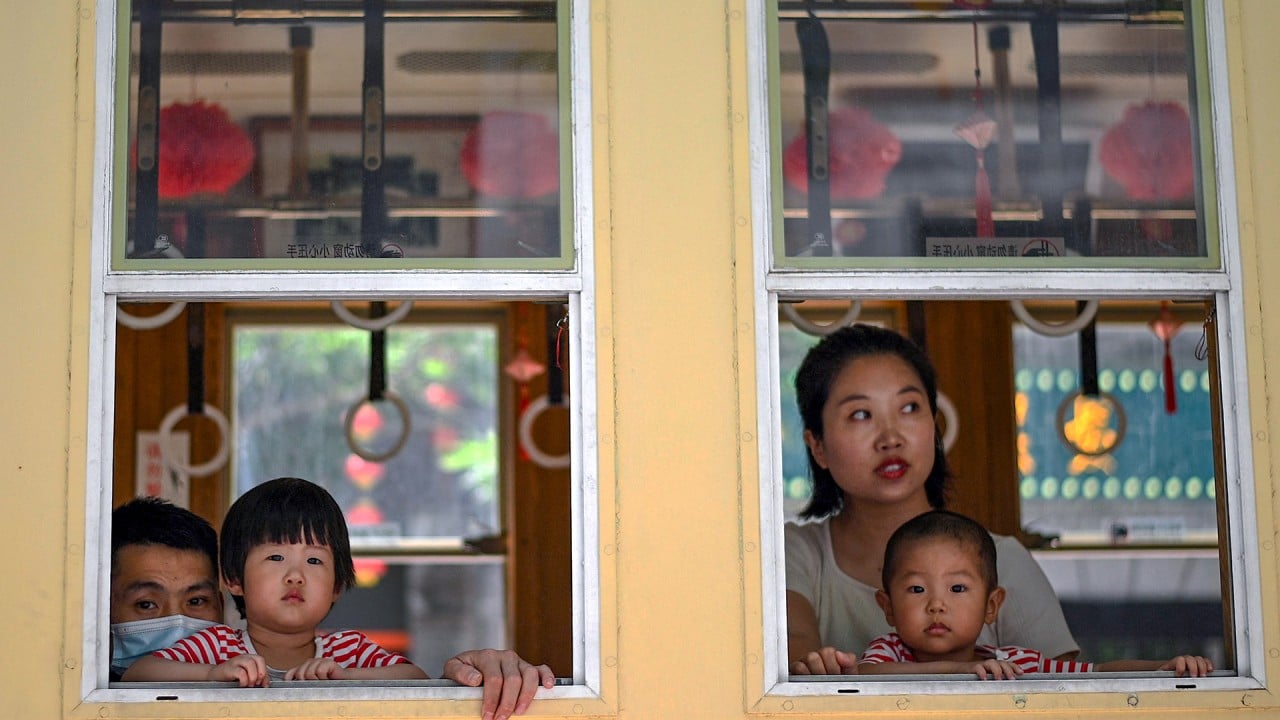
China a step closer to three-child policy but what support will women need?
- Standing committee of the national legislature will consider proposed changes to family planning law to counter ageing population
- Local authorities survey public to find out just how willing couples are to expand their family
At a meeting on Friday night chaired by Premier Li Keqiang, China’s cabinet, the State Council, agreed to put proposed amendments to the Population and Family Planning Law to the National People’s Congress Standing Committee for deliberation.
Authorities are expected to introduce a range of incentives to encourage couples to have more children.
Many Chinese families are struggling with the high cost of housing and education as well as lack of job protections for women, putting a third child out of reach.
Last month, 28,000 of 31,000 respondents to an online poll by state news agency Xinhua said they “would not consider at all” having three children. The poll was soon taken down.
Many local governments across the country are planning to conduct their own surveys to gauge the willingness of women of child-bearing age to have a third child and design policies to encourage more births, Shanghai-based news outlet ThePaper.cn reported on Saturday.
In the eastern province of Jiangxi, the city of Fuzhou said on Thursday that it was preparing to interview women to see how measures such as childcare support could help. Similar efforts are under way in Jinping district in Shantou, Guangdong province; Shijiazhuang in Hebei province; and county governments in Shandong province.
The Chongqing Population Association as well as investigators from local branches of the National Bureau of Statistics are also planning surveys to determine how willing people are to have a third child and what support they would need.
China has been ageing much faster than other low- and middle-income countries.
The nation’s fertility rate was 1.3 children per woman, far below the replacement level of 2.1 needed for a stable population.
For over three decades from the 1980s, Beijing enforced the one-child policy in an attempt to control a fast growing population.
Due to a cultural preference for boys, men outnumbered women by 34.9 million in 2020. With fewer girls being born, the birth rate fell. The number of women of child-bearing age peaked in 2011 and has fallen since, according to the Chinese Academy of Social Sciences.
The two-child policy was implemented in 2016.



